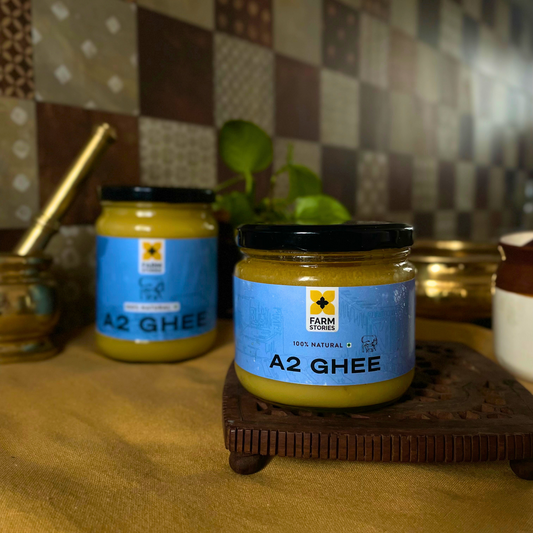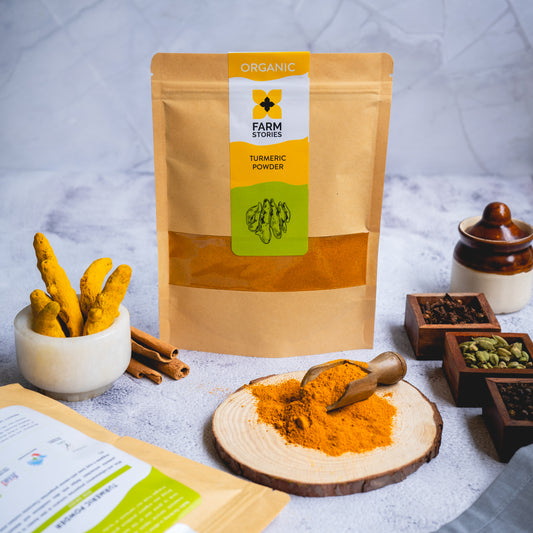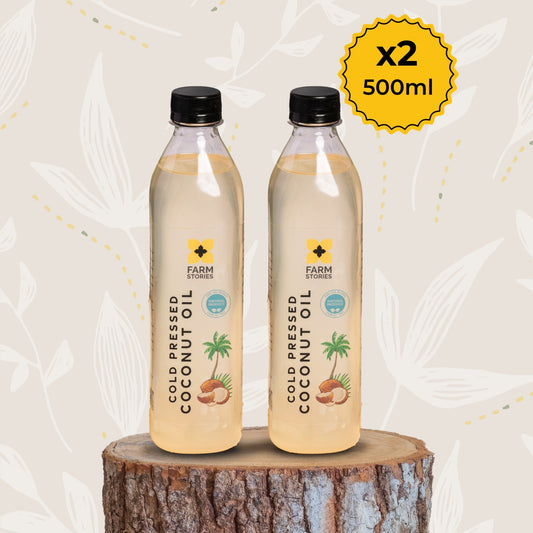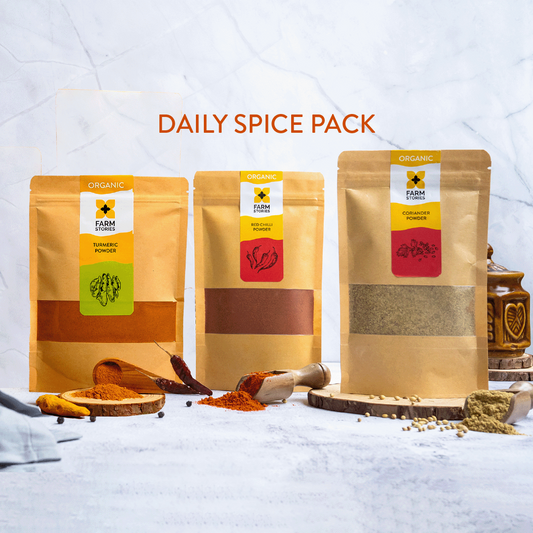
Unveiling the Secrets of Cold-Pressed Oils: A Nutrient-Rich Choice
Share
In the vast world of cooking oils, the term "cold-pressed" has been gaining momentum, capturing the attention of health-conscious consumers. But what sets cold-pressed oils apart from their counterparts? In this blog, we'll delve into the fascinating realm of oils, exploring the differences between cold-pressed oils and other conventional options.
Understanding the Basics:
Before diving into the specifics, let's grasp the fundamental concept of oil extraction. Traditional methods often involve heat and chemical processes to extract oil from seeds, nuts, or fruits. On the other hand, cold-pressed oils are extracted at lower temperatures, usually through mechanical means like hydraulic pressing or expeller pressing.
Preserving Nutrients:
One of the primary distinctions between cold-pressed oils and other types lies in their nutrient retention. Heat exposure during conventional oil extraction processes can degrade the nutritional content of the oil. Cold pressing, by avoiding high temperatures, helps preserve the natural goodness of the source ingredients. This results in oils that retain more vitamins, antioxidants, and essential fatty acids.
Flavor and Aroma:
Cold-pressed oils are renowned for their distinct and robust flavors, capturing the true essence of the seeds or nuts from which they are derived. The lower temperatures used in the extraction process help maintain the oils' natural aroma and taste, providing a sensory experience that other oils might lack.
Smoke Point:
Another critical aspect to consider is the smoke point of oils – the temperature at which they start to break down and produce smoke. Cold-pressed oils generally have lower smoke points compared to their refined counterparts. While this makes them excellent for drizzling over salads or using as finishing oils, it's essential to avoid high-heat cooking methods to prevent the oil from reaching its smoke point and losing its nutritional value.
Chemical Additives:
Conventional oil extraction methods often involve the use of chemicals and solvents to maximize oil yield. Cold-pressed oils, being produced through mechanical processes, eliminate the need for such additives, resulting in a purer and more natural product. This factor aligns well with the preferences of those seeking cleaner, chemical-free options.
Health Benefits:
The nutrient-rich profile of cold-pressed oils contributes to several potential health benefits. These oils are often praised for their heart-healthy monounsaturated and polyunsaturated fats, as well as their anti-inflammatory properties. The retained antioxidants, such as vitamin E, further enhance their health-promoting qualities.
Popular Varieties:
Farm Stories boasts of natural Cold-Pressed Oils like Coconut Oil and Sunflower Oil.
Conclusion:
In the ongoing quest for healthier lifestyle choices, the choice of cooking oil plays a pivotal role. Cold-pressed oils, with their nutrient-rich composition, distinct flavors, and natural extraction process, offer a compelling alternative to conventional oils. As awareness grows, more individuals are likely to embrace the unique qualities and benefits that cold-pressed oils bring to the table, making them a staple in kitchens worldwide.




